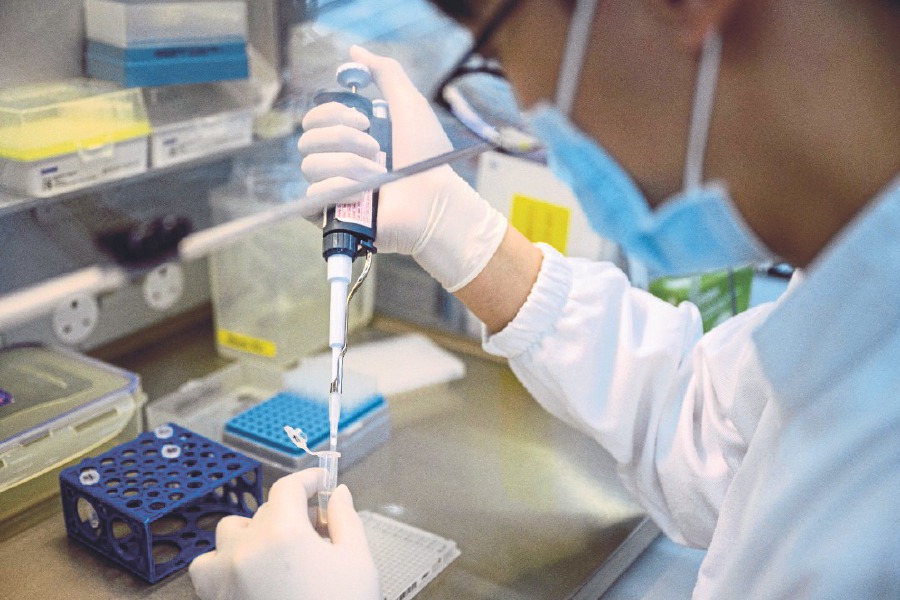
16 Aug Promising role of DNA in precision medicine
April 26, 2022 @ 12:00am
LETTERS: Genome is an entire set of genetic information found in an organism. It can be found in the nucleus of a cell and is composed of the deoxyribonucleic acid (DNA).
Every living creature has DNA, which is a self-replicating substance, a transporter of all genetic information in the most basic sense. It includes the instructions that organisms need to develop, grow, live and reproduce. Our genetic “code” is contained in one long molecule.
DNA is essentially a recipe that holds key information that is passed down from generation to generation.
But the DNA’s interaction with other factors such as lifestyle, environment and diet is what eventually shapes a human person.
Chromosomes help keep the DNA safe in order for it to store crucial information in the form of genes to determine an organism’s genetic information.
The world celebrates the World DNA Day on April 25 every year. The date is chosen to commemorate the day when DNA was discovered and reported in the science magazine, Nature, in 1953.
DNA is extremely valuable in the fields of forensics, anthropology and medicine. Forensic teams often use the DNA collected from hair, skin or blood to evaluate whether a person is a suspect or in identifying a corpse.
DNA can also help to determine where a person’s ancestors came from and their migration history.
In the field of medicine, knowledge in genome and DNA can provide a new approach to understanding how an individual’s genetic make-up can be used to determine the best method for disease treatment and prevention.
Precision medicine or personalised medicine provides medical practitioners with the tools they need to focus on individualised therapies for diseases based on unique DNA profiles.
Until today, most medical treatments are created with the “average patient” in mind. Treatments can be exceedingly helpful for some patients, but not for others as a result of this “one-size-fits-all” approach.
Let’s take an example of a makcik who has hypertension. She was given metoprolol, a common anti-hypertensive medicine, to treat her hypertension.
Most hypertensive patients are given this drug since it is considered a safe treatment and available at most hospitals.
However, the makcik reported breathing difficulties, wheezing and headaches after taking the medicine. She went to her doctor and was prescribed a different drug that, fortunately, was suitable for her and did not leave any adverse effects.
This situation occurred because each person’s DNA has a number of small variations that influence how our bodies react to certain drugs.
While most hypertensive patients do not experience any adverse effects from taking metoprolol, a small difference in the makcik’s DNA has resulted in her body to reject the medication.
Understanding the complete genome is, therefore, important to us and the discovery by researchers on the complete genome sequence last March is long-awaited news for scientists and medical practitioners the world over.
As researchers and scientists continue to expand our understanding of the complexity of DNA and the insights it codes for, we may envision a society with better-managed diseases, longer life span and a tailored approach to medicine specific to people.
It is hoped that the unveiling of the complete human genome sequence will transform the future of medicine.
And the treatment of genetic diseases can be better managed through the application of precision medicine that will allow doctors to personalise treatment to a person’s specific traits such as their genomic sequence, health history, lifestyle and diet.
NOR RAFIDA MOHD SENI
School of Languages,
Literacies and Translations,
Universiti Sains Malaysia, Kelantan
PROFESSOR ZILFALIL ALWI
Consultant paediatrician and clinical geneticist, USM, Kelantan;
head, Malaysian Node of the Human Variome Project
Reference Link :- Promising role of DNA in precision medicine





Sorry, the comment form is closed at this time.